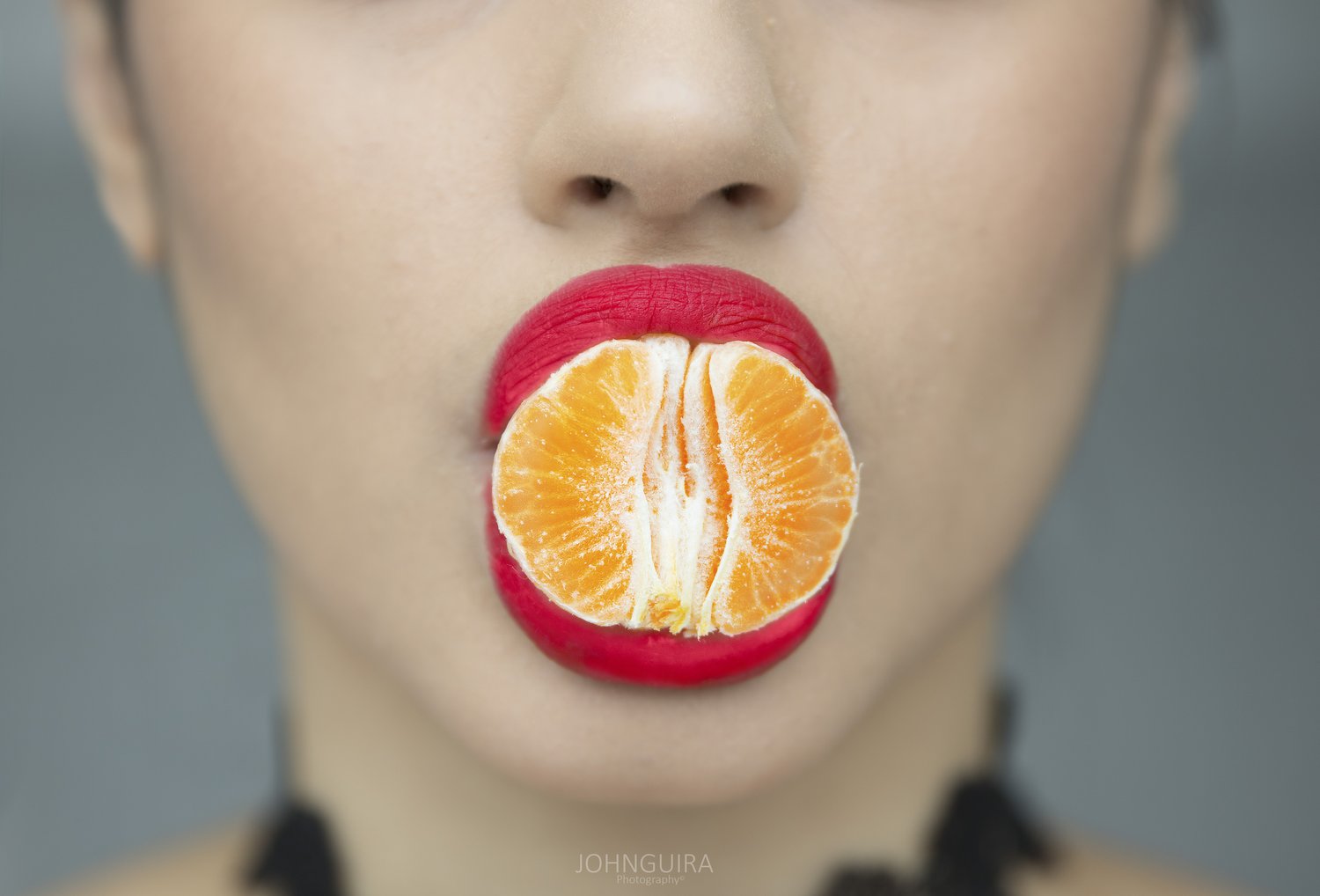Every year, smartphone companies seem to be pushing the limits and boundaries of photography. Not only can they take a properly exposed image, but they’re able to retouch them in the blink of an eye. Bright colors, high dynamic range, low light sensitivity and image stabilization: all layered in a composite that once is processed end up getting closer and closer to traditional digital full sensor cameras.
But what is the definition of a good picture?
We could argue that cellphone companies have trained us (consumers) to accept that brighter saturated colors are better, and should be considered superior quality. Perhaps smartphones have transformed our point of view on what’s considered a good or a bad picture.
The truth is that these mobile devices are shaping the way we see, judge and feel about photography. With thousands of YouTube influencers using their expertise in photography providing millions of followers with smartphone camera picture reviews, mobile companies have no choice but to push the limits of what we consider beautiful or acceptable quality. Smartphone technology goes as far as to reshaping your face on the spot, and make the front facing camera give you a subtle slender look. All this happens before you even snap the shot as the software will compensate and decides all the characteristics of the shot right out the gate.
The smartphone industry understands our insatiable need to look full of life, healthier and younger. It is no secret why most selfies are taken slightly above the head as we think this phenomenon makes us look flattering. We seek what we want to see, and smartphones provide us with that and a little bit more.
Facts: Your smartphone is a computer with a lens and a dedicated chipset along with a GPU that automatically decides how the image will look based on preset algorithms, altering facial features and skin as well as finding a sort of golden ratio which in return makes you feel awesome. Yes, we can say that our smartphones lie to us on the spot, and we choose to look away from it.
“The illusion has become real, and the more real it becomes, the more we want it.”
With all this said, there is no better camera than the one you hold in your pocket. As photography is not all about the focus or sharpness but more about the moments.

